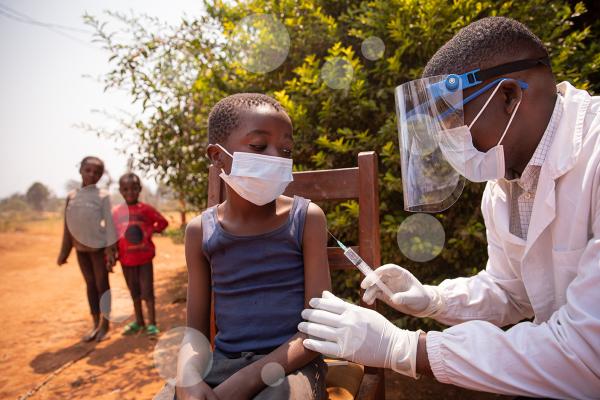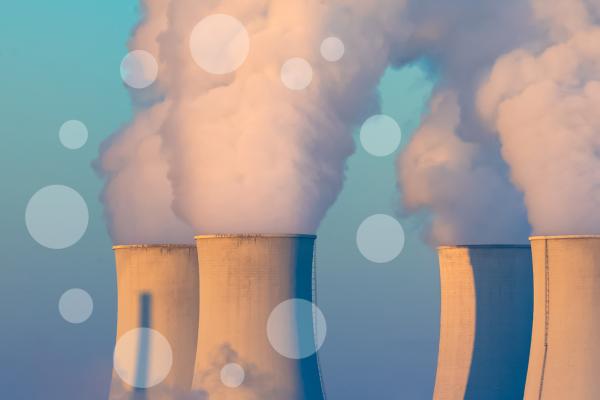The JRC is mandated to develop the scientific basis for nuclear safety and security. Emphasis is given to research on fundamental properties and behaviour of actinides, structural and nuclear materials. In support of Union standardisation, the JRC is providing state-of-the-art nuclear standards, reference data and measurements, including the development and implementation of relevant databases and assessment tools. The JRC is also supporting the further development of medical applications of radioactive elements.
The nuclear activities of the JRC are aimed to support the implementation of Council Directives 2009/71/Euratom and 2011/70/Euratom, as well as Council Conclusions giving priority to the highest standards for nuclear safety and security in the Union and internationally.
The JRC mobilises the necessary capacity and expertise in order to assess and improve the safety of nuclear installations and peaceful uses of nuclear energy and other non fission applications, to provide a scientific basis to relevant EU legislation. The JRC carries out research and assessment, provides references and standards and delivers dedicated training and education. Synergies with the Sustainable Nuclear Energy Technology Platform (SNETP) and other cross-cutting initiatives are seen as appropriate tools to develop a scientific basis.
Selection of topics we work on at the JRC
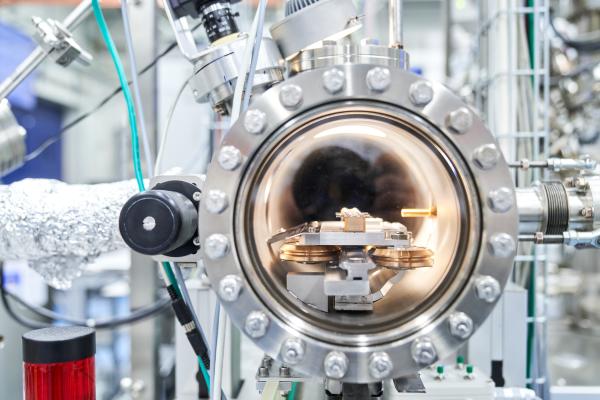
Actinides have many possible applications in various strategic fields, but because of their radio-toxicity, it is necessary to carry out reliable safety assessments of their behaviour. This research is carried out at the JRC in collaboration with a number of academic partners worldwide.
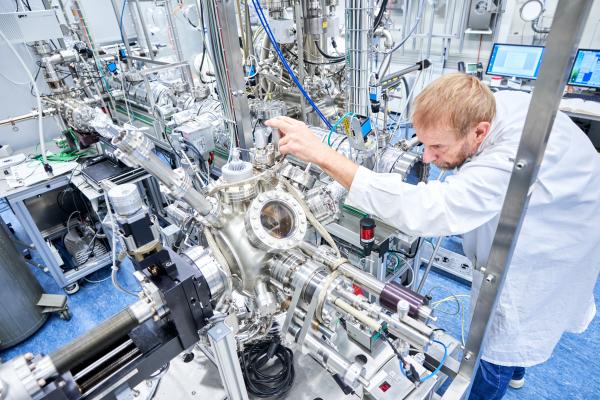
The JRC carries out research in the field of nuclear materials under extreme conditions in order to understand and reliably predict the behaviour of these materials.
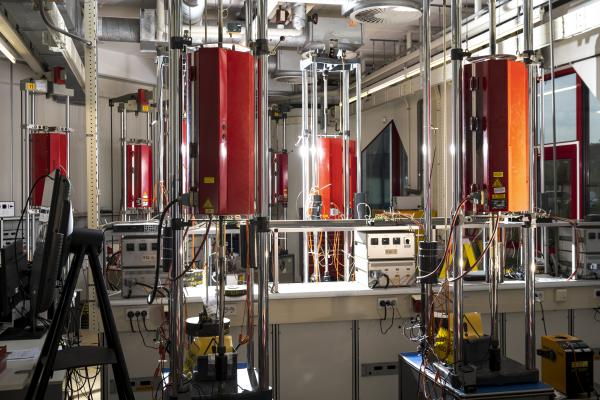
JRC research in the area of structural materials for nuclear applications allows for the safe long-term operation of current nuclear reactors and the next generation of nuclear power plants.
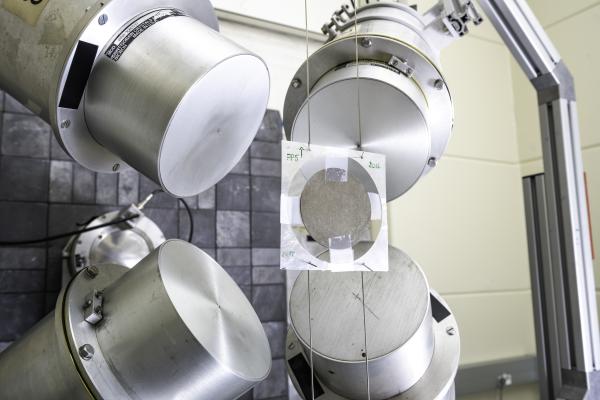
The JRC is by far the largest provider of neutron data in the European Union which is used when evaluating the safety and risks related to the operation of nuclear power plants, nuclear waste management, or new concepts of nuclear power production.
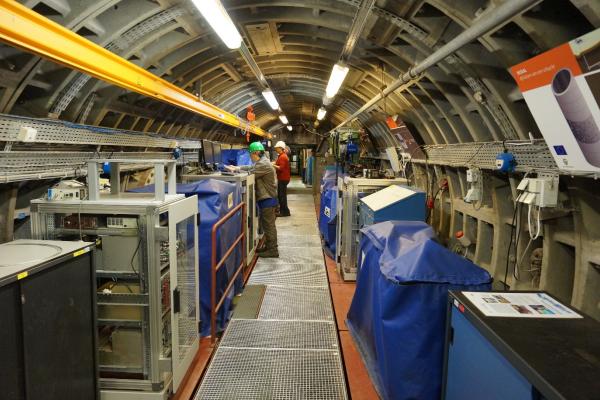
Reliable measurements of α, β and γ radiation are of great importance for environmental monitoring, medical treatment and nuclear safeguards.
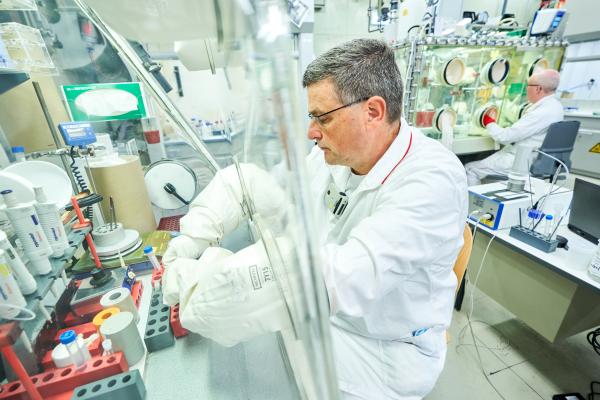
The JRC carries out research in the area of targeted alpha therapy (also called Alpha-Immunotherapy), which is a new approach to cancer treatment.



